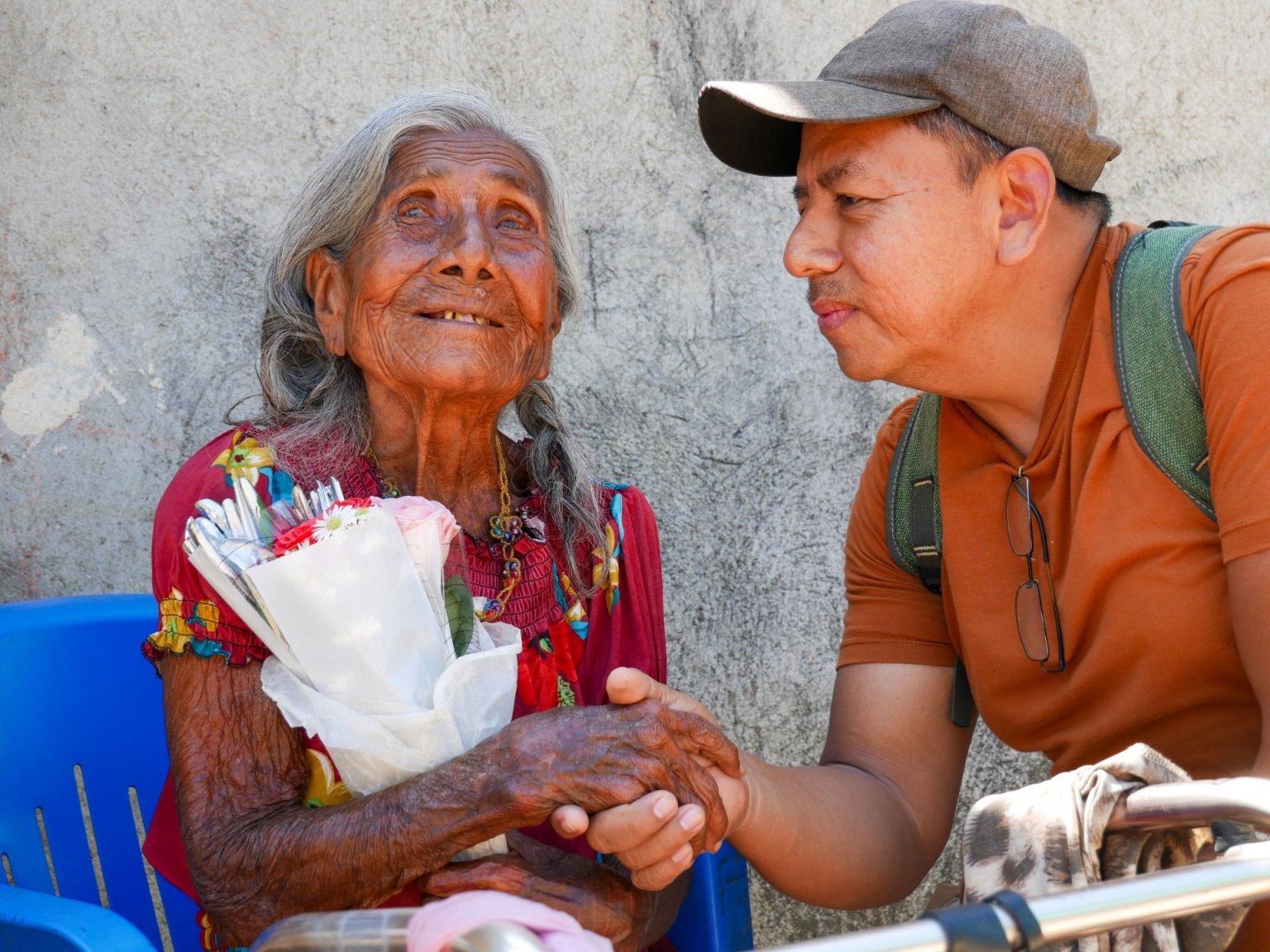In Oaxaca, Mexico, Mama Cointa celebrates her 101st birthday in her iconic home, representing the African heritage of the Costa Chica region. The region’s harsh dry seasons have caused droughts, threatening the homes built by African slaves in the 16th century. Despite its historical significance, Mama Cointa’s home and other institutions protecting Afro-Mexican culture are facing collapse due to a lack of support and funding.
Cuajinicuilapa, known as Mexico’s “black pearl”, is a self-contained city with a strong Afro-Mexican identity. The city’s cuisine, rooted in African staples and Indigenous ingredients, reflects its cultural heritage. Fishing is a central part of the community’s diet, with a seaside market providing fresh seafood daily. The city is also known for its “devil dancers”, a ceremonial dance with origins in slavery that has become a symbol of Afro-Mexican culture.
Despite Cuajinicuilapa’s vibrant cultural scene, resources to sustain the community are limited. The Afro-Mexican history museum and traditional dance teachers struggle due to lack of funding and support. The region’s isolation, both geographically and politically, has hindered efforts to preserve Afro-Mexican culture for future generations. Campaigners have pushed for recognition and increased funding for Afro-Mexican projects, but progress has been slow.
With the upcoming presidential elections, there is hope among Afro-Mexican advocates for a change in their community’s situation. The possibility of new leadership and a focus on cultural preservation raises expectations for increased support and resources. However, the tendency to marginalize Black culture within Mexico’s broader cultural traditions remains a challenge. Advocates continue to push for equality of opportunity and recognition of Afro-Mexican contributions to Mexico’s cultural landscape.
Ultimately, the future of Afro-Mexican heritage in the Costa Chica region hangs in the balance. Mama Cointa’s home, a symbol of the region’s African roots, faces threats from climate change and neglect. Institutions and cultural practices that have sustained the community for generations are at risk of disappearing without proper support. As Afro-Mexican advocates continue to fight for recognition and resources, the hope remains that future generations will be able to celebrate and preserve their unique cultural identity in Mexico.


